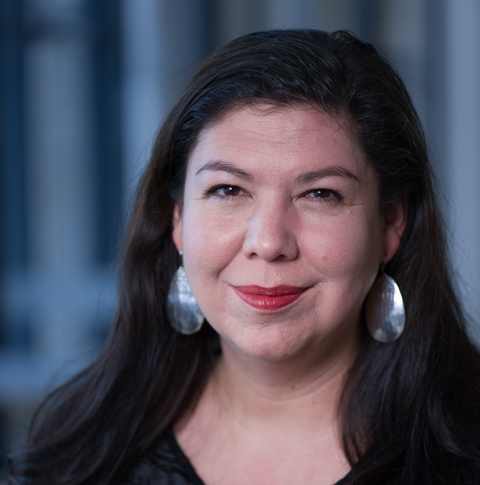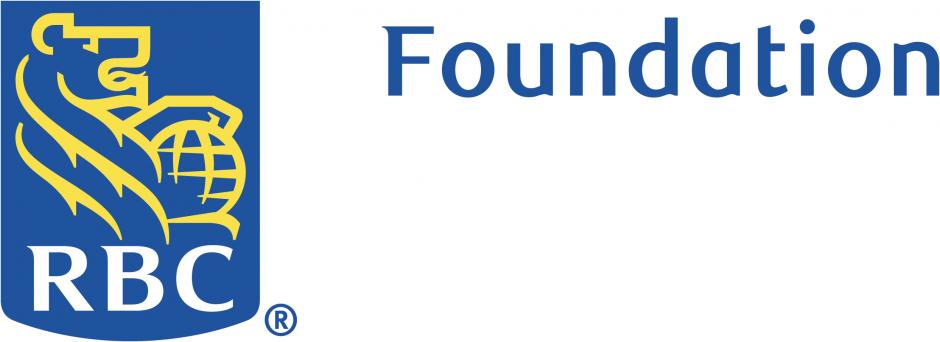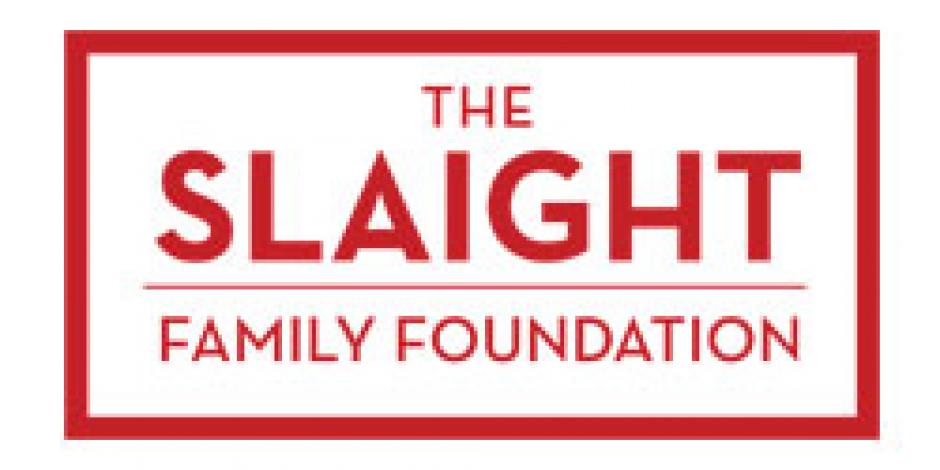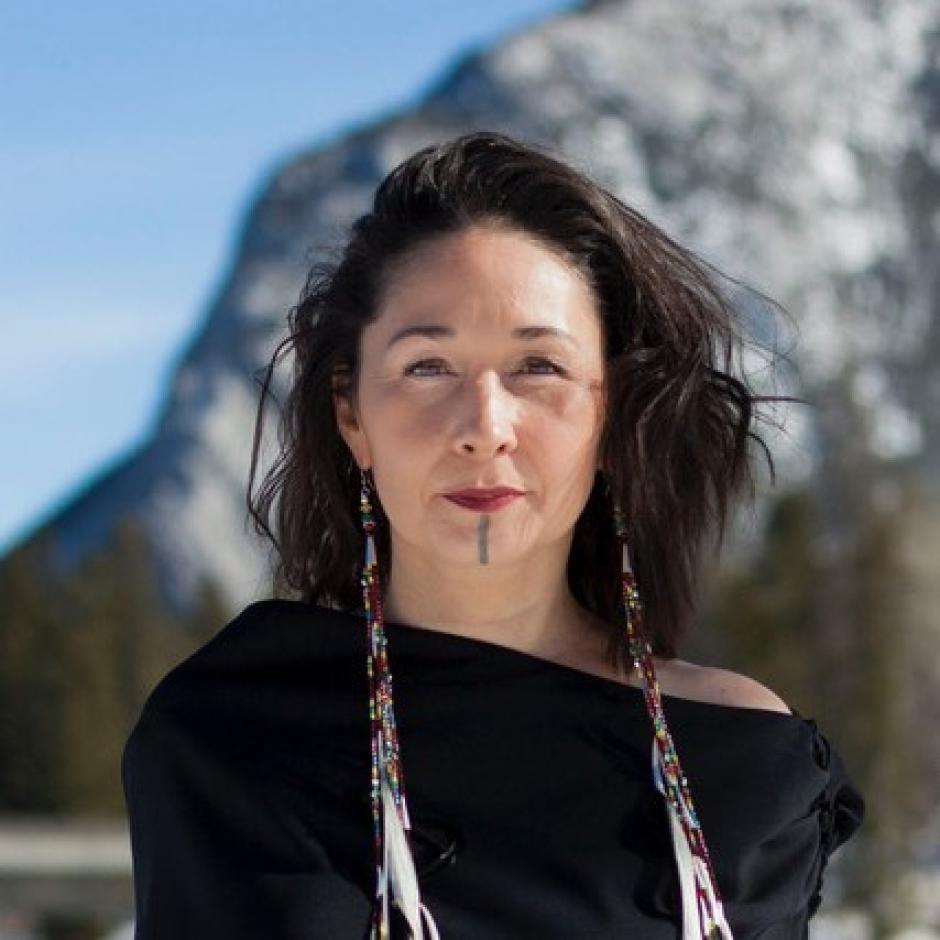
Photo Credit: George Hupka
Decolonizing the Narrative Conversation Series is a monthly online conversation session that invites leading Indigenous Art creators to talk about their practices and processes.
"When I was 24 years old, I met the late documentary filmmaker Gil Cardinal at the Dreamspeakers Film Festival in Edmonton. He was the first person to show me the possibilities inherent in Indigenous film: to correct the century of misrepresentation and harm; to form deep relationships with communities; and to share our incredibly powerful stories with audiences. Throughout my filmmaking career, I’ve attempted to do just that, providing space for our own perspectives and crafting films that do not perpetuate the harm that has been done to our people. As I've grown as a filmmaker, I've adopted an ethic of care that underpins my process and anchors the films I make. Sometimes that means moving beyond the boundaries of Euro-Western genres, forms, and accepted practices. The past few years in particular have been an exciting time to be creating within Indigenous cinema, and with it comes increased responsibility to push the industry and arts agencies into a space of true support for Indigenous creativity."
- Tasha Hubbard
This session takes place over two days:
November 17: Tasha Hubbard does a presentation of her work.
November 18: Be part of a conversation with Tasha Hubbard and Reneltta Arluk. This second session is the space intended for your questions and comments.
Register to join for both sessions
With support from:


